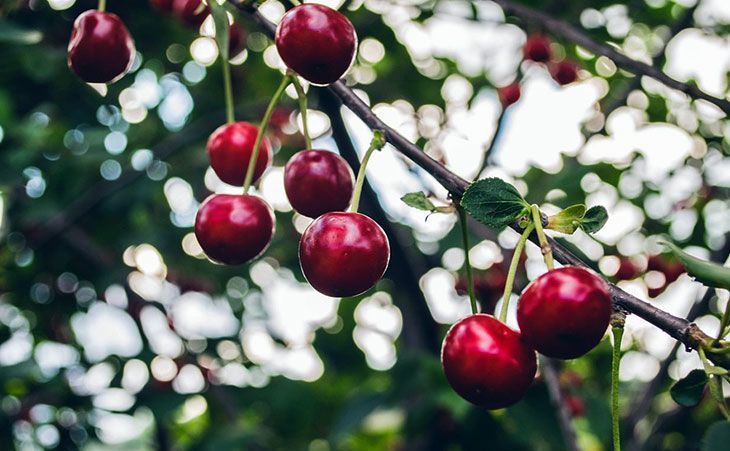The Best Fruit-Tree Varieties for Organic Growing

Before choosing a disease-resistant variety, consider the earliest life of the tree. Has it been organically grown since propagation? By starting with a certified USDA Organic tree, you already have one significant advantage: the tree was grown in pure pastureland, never touched by toxic herbicides, pesticides or fertilizer. It’s “clean” from the very beginning, and will not have stress issues migrating from an early life of synthetic food that causes unnatural growth spurts to a slow, steady supply of naturally-occurring nutrients that the tree can take in as it requires. The long-term result will be a stronger tree with a healthier immune system.
Now you can consider disease-resistance. That’s your first line of defense as an organic fruit grower. If you plant a purple flower, you won’t have to worry about it producing red blooms. Same for disease-resistant fruit trees; if a tree is naturally resistant to apple scab, there’s no need to treat it for apple scab, which makes your life as an organic grower so much easier!
Here are some of the non-GMO, certified USDA Organic fruit trees that have natural, built-in disease resistance.
Growing fruit trees organically does require a different knowledge set than growing the traditional way. Keep these basic growing rules in mind for the best results:
- Continuous soil-building is key. Don’t wait until you plant the tree to start a program of organic mulching, cover crops and a thriving compost pile. Plant the tree in healthy soil and then put as much effort into maintaining soil health as you do the tree itself.
- Give your tree the best possible location. Plant the tree in full sun in a spot with good drainage. Those two circumstances along will prevent a host of problems.
- Protect them against marauding wildlife. Deer, rabbits, voles and mice will cause physical injury to fruit trees, opening them up to disease and fungus problems. Fence your fruit trees and protect the trunks with tree guards.
- Fruit trees are highly sensitive to mineral deficiencies in their “diet”. More frequent soil tests are required to make sure mineral levels are up to par and that the tree is getting what it needs to produce a good crop. Apple trees are especially finicky about calcium levels and generally require a supplement.
- Read up on pests and diseases for the kind of trees you’re growing. Understand viral vs. bacterial diseases, and the insects that both plague and benefit your tree.



